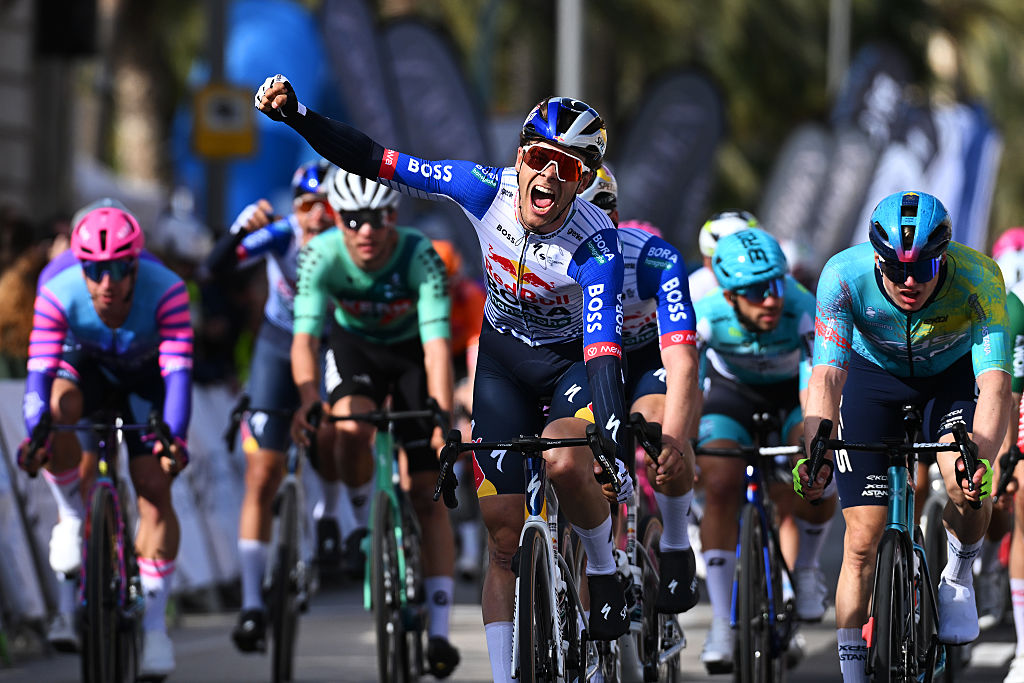Bardet champions performance over result at Tour de France
Frenchman discusses ethics and Vayer suspicions in Libération interview
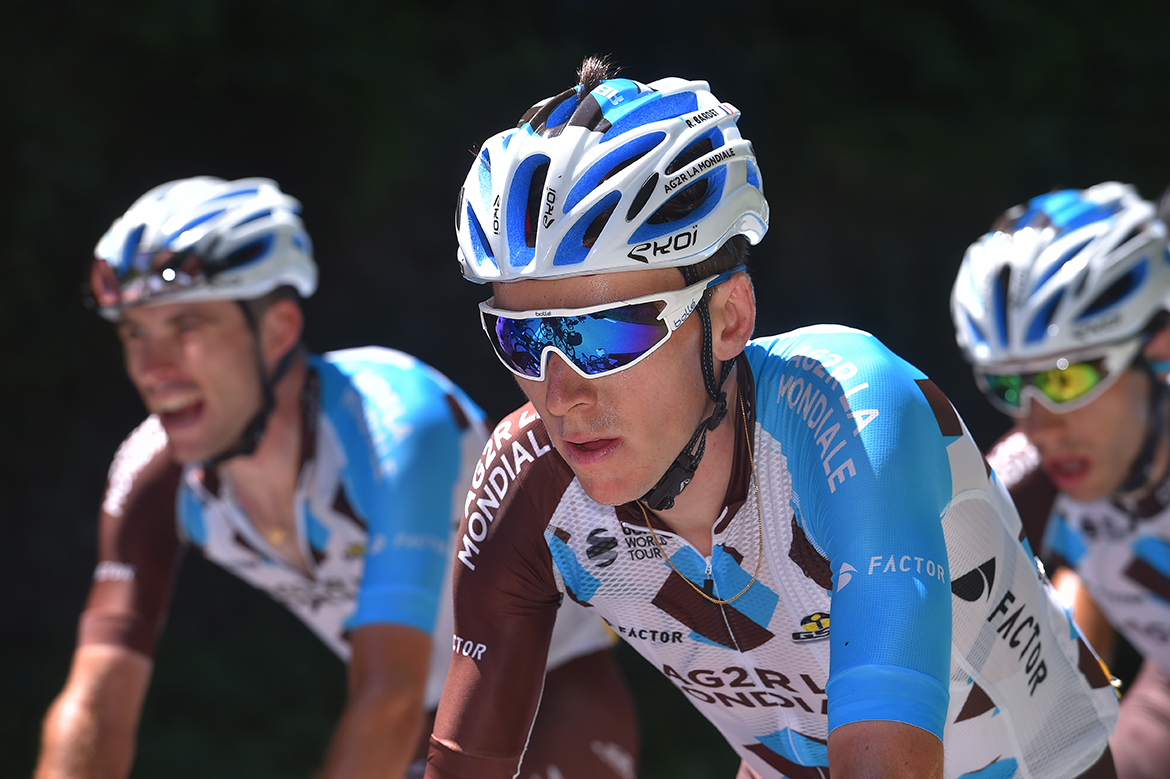
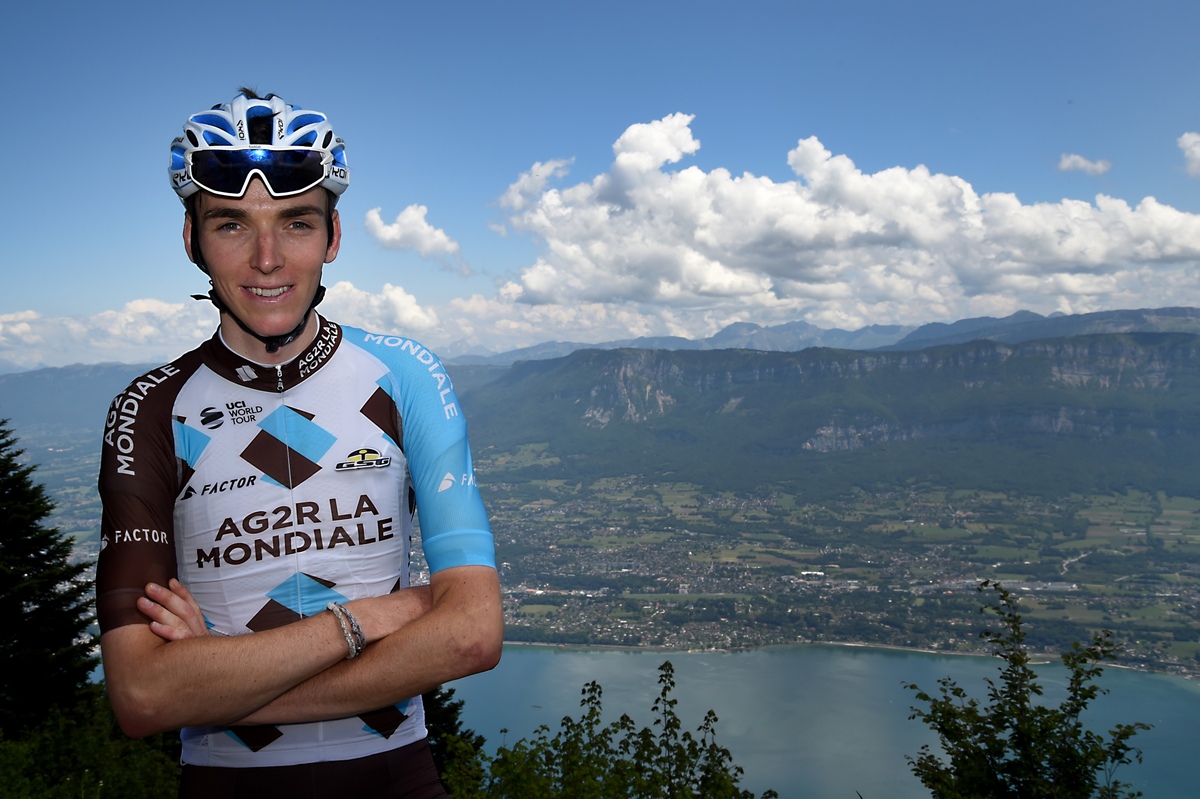
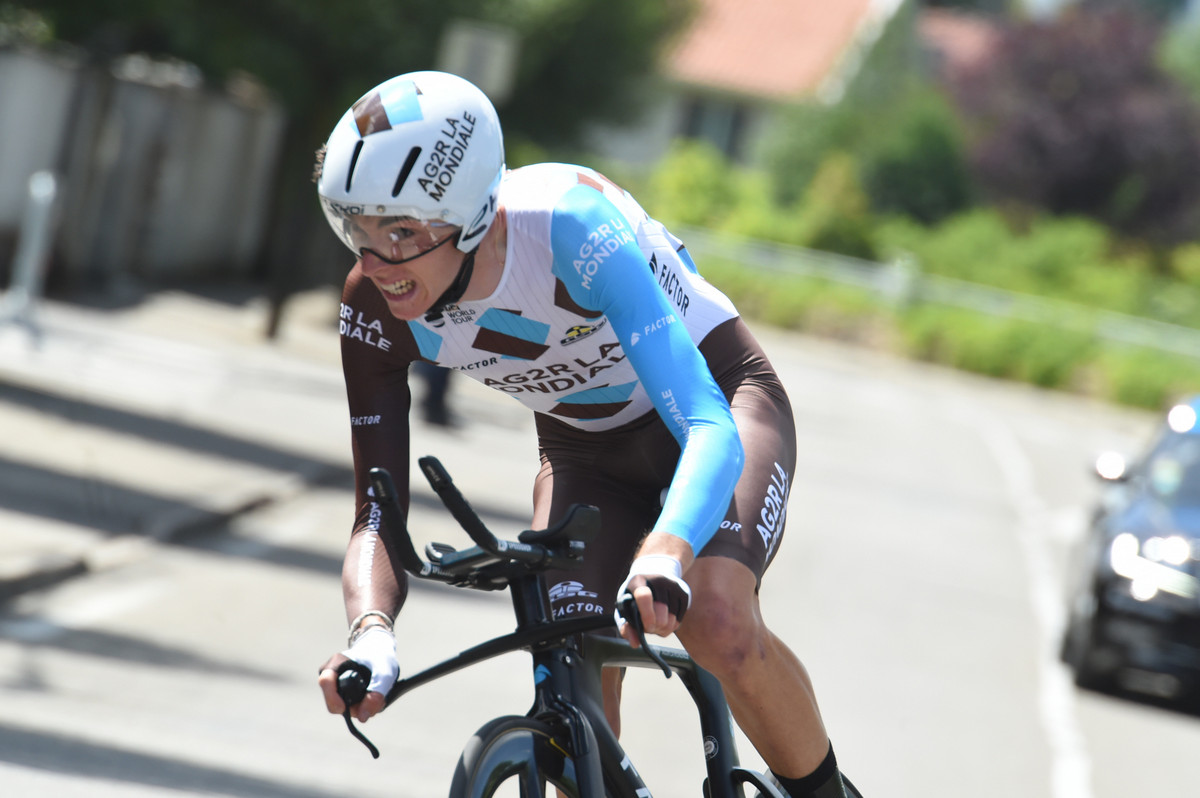
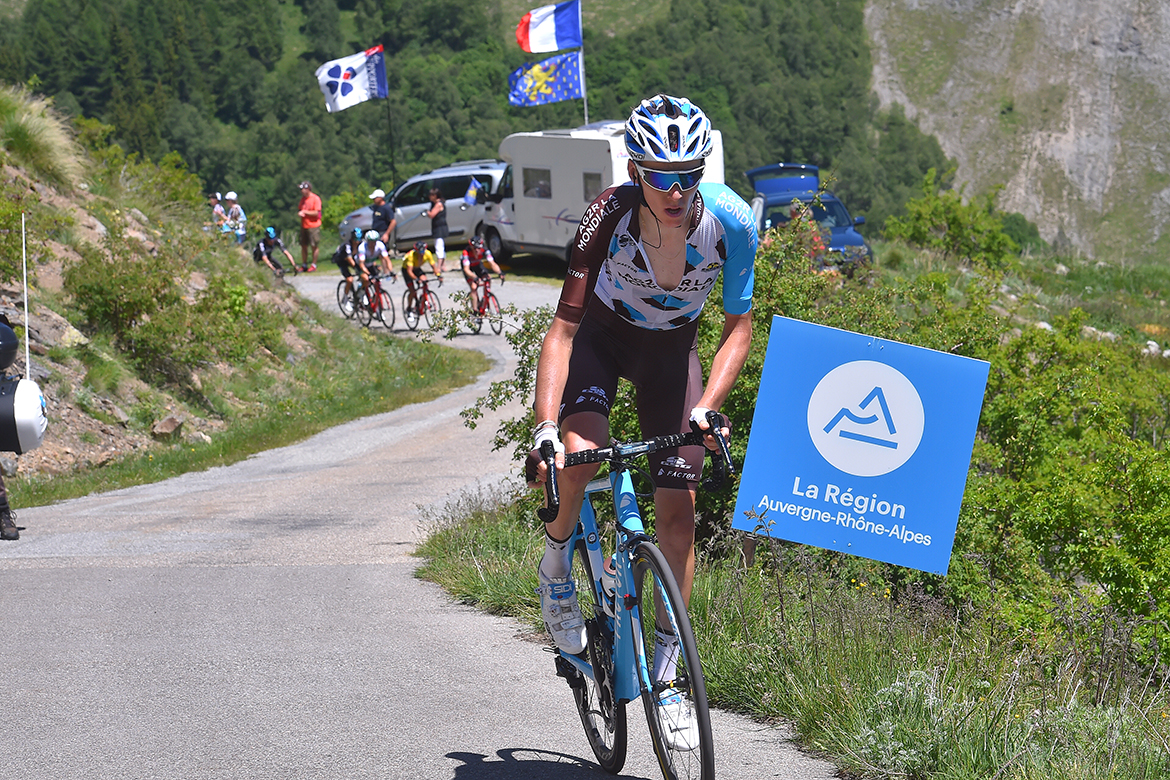
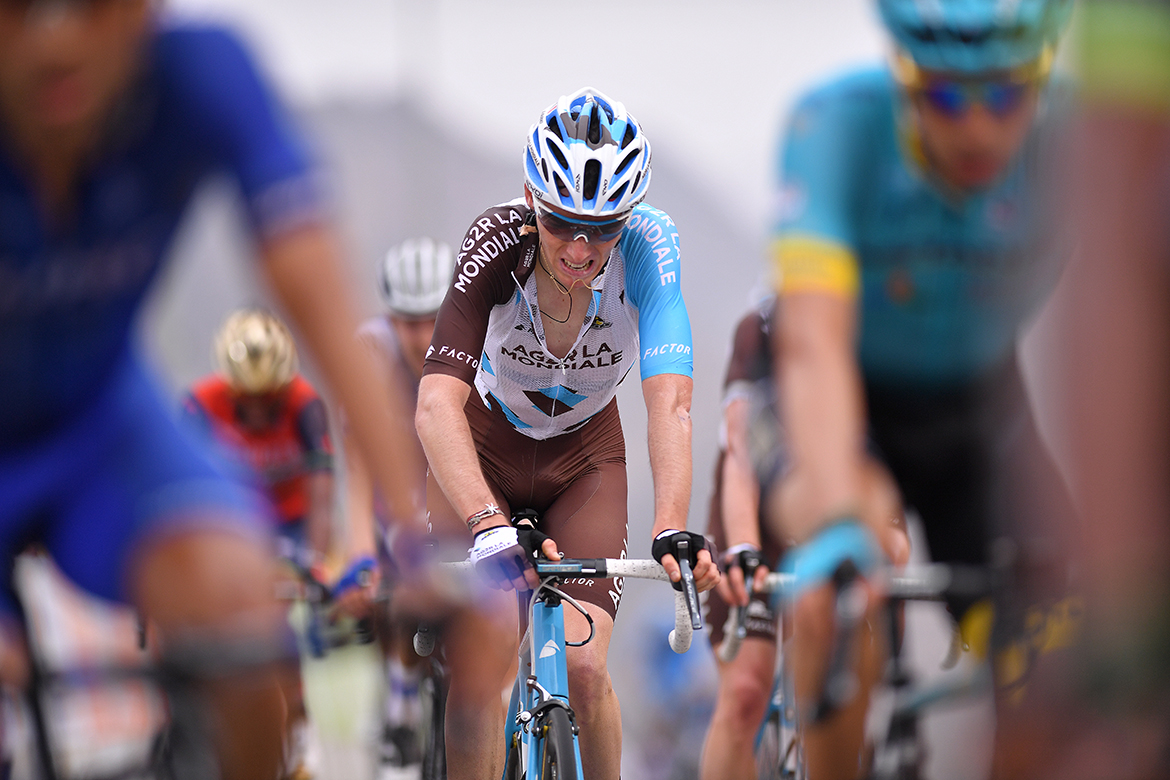
Romain Bardet (AG2R La Mondiale) has said that he will ride the Tour de France seeking to produce the best possible performance rather than fixating on claiming final overall victory. In a wide-ranging interview with French newspaper Libération, Bardet also spoke of his dismay at how the former Festina trainer Antoine Vayer questioned the integrity of his performances at last year's Tour.
Dauphine: Bardet spreads his wings on Alpe d'Huez
Bardet with work to do ahead of the Tour de France
AG2R-La Mondiale reveals core of Bardet's Tour de France team
AG2R-La Mondiale name final three to back Bardet at Tour de France
Bardet: Tactical sense can make the difference in this Tour de France
'This is not good news for cycling' Bardet says of Froome's salbutamol test
Bardet placed second overall on the 2016 Tour, 4:05 behind Chris Froome (Sky), and lines out at this year's race among the principal contenders for overall victory on a parcours that seems well-suited to his characteristics. When asked how many more opportunities he had left in his career to win the Tour, however, Bardet pointed out that carrying the maillot jaune in Paris was not the only yardstick for success.
"I'm not riding to win the Tour. I'm riding for my best performance," Bardet told Libération. "I prefer the sense of accomplishment to the result. Cycling is an equation with too many unknowns: I could very well be stronger than last year but finish a long way off the podium because I'll have lacked luck. In such a case, I wouldn't have any regrets because I'd have done my best."
After soloing to victory at Saint Gervais on last year's Tour, a win that propelled him onto the final podium in Paris, Bardet was deemed by Antoine Vayer to have become "the most suspect rider" on the Tour in his column in Le Monde, in which he frequently estimates the power data of the top performers at the race.
"It was the first time that I was deemed suspect. I just couldn't understand it at all given that I wouldn't have considered myself dominant at the 2016 Tour de France," Bardet said. "The Tour de France has become such a big event that some people use it as a platform. Their credo is one of permanent discredit. I know well that there were many problems in the past. But I have the impression that we distort today's reality in the light of that past."
It was put to Bardet that cycling's succession of doping scandals had made it difficult for the media and the public not to harbour suspicions towards riders who finished on the podium of the Tour de France.
"Yes, I accept that people are cautious about certain performances – mine included, why not. However, we need to break this glass ceiling of the podium: you can finish second on the Tour without being any better than the rider who finished sixth," Bardet said. "If I had finished sixth, my performances wouldn't have been questioned by anybody."
The latest race content, interviews, features, reviews and expert buying guides, direct to your inbox!
Bardet added that his second place on last year's Tour was "due to everything Antoine Vayer can't incorporate when he makes power estimates for the climbs," noting that tactics and other factors – notably Froome's crash on the rain-soaked descent that preceded the final climb – had played their part.
Bardet also explained his decision to use a hypoxic tent as part of his training regimen for the Tour, saying that he had used it prior to attending training camps in the mountains order to shorten the amount required to acclimatise to the altitude.
Having grown up watching the Tour during the years of Lance Armstrong's dominance, Bardet was asked if he had ever envisaged a point where he would be compelled to dope in order to realise his ambitions as a cyclist. He said that he always envisaged himself following the example of David Moncoutié rather than the podium contenders of the era.
"He was a rider who didn't have the results to match his potential because his way was blocked by adversaries who didn't share his definition of ethics. I would have decided to aim for stages in the Tour like him, and not target the GC, which was too falsified by doping at the time," Bardet said.
"For me, it was possible to ride at a high level without betraying the principles you had been raised with or betraying your personal ethics. And I still believe that."

